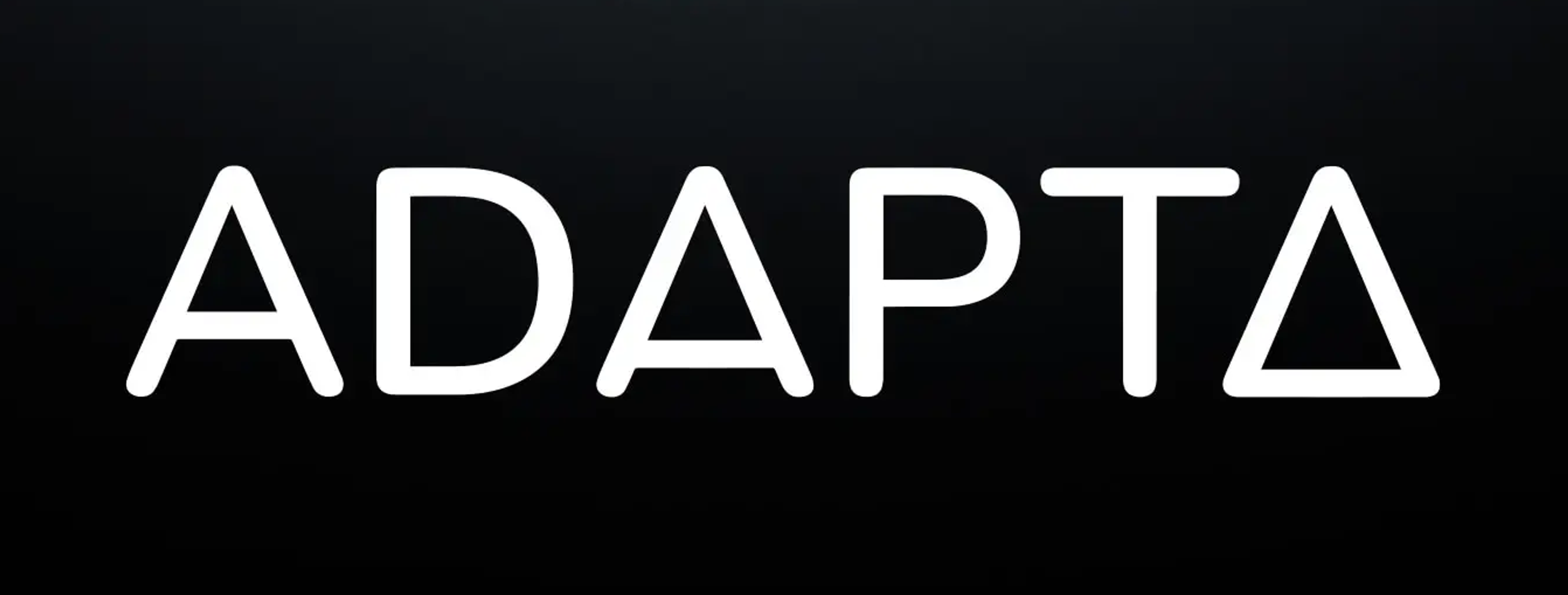Uniphore Leverages Astra DB to Analyze Sentiments with AI in Real Time
Uniphore believes conversations are a company’s most valuable asset. Based in California, Uniphore helps enterprises cultivate trust and more fruitful relationships with their customers by applying artificial intelligence (AI) to sales and customer service communications. Using real-time and post-call analyses, Uniphore’s products [or solutions] help organizations improve the efficiency and efficacy of their customer-facing employees, resulting in increased customer satisfaction and loyalty. Process automations reduce response times and costs while boosting revenues.
- Achieving low cost of ownership with managed Cassandra compared to a 2.5x to 3x higher expense for a self-run environment
- Freeing engineering resources to support a faster time to market
- Realizing high performance for 30 million database writes and three million reads for a handful of small customers within a six-hour period each day
Unlike many companies that promote emotion AI capabilities but only analyze words, Uniphore has developed a comprehensive platform to account for three modes of sentiment expression, including a participant’s tone and facial expressions, in addition to the words used. “If you look at scientific research, 75 percent of communication is nonverbal,” says Saurabh Saxena, head of technology and VP of engineering, Uniphore.
Since the onset of COVID-19, many businesses have had to turn to digital value selling and remote sales scenarios. Uniphore’s technology helps them gain insights on “reading the room” in virtual settings. “It can really pay off to analyze how well a customer is emotionally connecting during a conversation, and do it with a multi-modal approach,” says Saxena.
Ensuring speed, reliability, and scalability with Astra DB
Realizing this would require aggregating a massive volume of sentiment data with high reliability and performance, Saxena and his team set up an open source Apache Cassandra® database. Prior to launching Uniphore’s production environment, however, Saxena called in DataStax. “We wanted a more stable way of managing Cassandra,” Saxena says, “instead of my people running Docker containers and worrying about backups or updates, security, the cost of running it, keeping on top of the scalability. We needed a headache-free alternative.”
Uniphore found its remedy in DataStax Astra DB, a managed database-as-a-service (DBaaS) built on Cassandra. Saxena was impressed with the features Astra DB offers in its administrative console, offering peace of mind for keeping tabs on the environment while offloading the work he’d rather not have his own engineers do. “Instead they can focus on our core business, the product. That’s engineering strength that goes back into continually improving our fusion models and computer vision, tonal and natural language processing (NLP) AI,” says Saxena.
Although the company operates on AWS, it did not see Amazon Keyspaces as a viable option for its database. “It’s not Cassandra, it’s a CQL layer over a DynamoDB storage engine,” says Saxena. “With the large data volume we produce, it was not the right solution for us. We needed the kind of storage optimization and partitioning that Cassandra offers.”
As part of its migration to Astra DB, Uniphore worked with DataStax consulting services to optimize how it processes its data, modifying how it structures partition keys along with how much data is retrieved in one shot. “DataStax consulting services helped us transition from one data model to another in a seamless manner, very quickly, without false starts that might otherwise have cost us a week or two,” says Saxena.
Guiding Higher Emotional Engagement on Demand
With Astra DB, Uniphore’s emotion AI platform can seamlessly capture and process approximately 200 data points on every meeting participant’s face at 24 frames per second. The company’s software monitors participants’ changing emotion and engagement levels. “High frame rates are necessary to capture very quick facial muscle movements, which exponentially increases our data volumes,” says Saxena.
The company blends this data with analyses of voice tone, for example, noting excitement when the pitch of a speaker’s voice rises to higher notes. Finally, Uniphore’s apps use NLP technology to assess word choices. “We have about nine or ten different AI models we run in real time to coalesce the data into something meaningful for our clients,” says Saxena. “The huge technical challenge of handling this voluminous data is where DataStax really shines.”
Uniphore’s apps can guide a client’s representatives in real time or be used to train them soon thereafter with analytics of their very own communications. For example, a sales rep can see how much more successful they are in piquing a customer’s interest in certain value propositions versus others, when they are successful in satisfying a customer's objections, or what the customer's reaction is to a particularly impactful slide in their deck. By helping connect all the dots on what is or isn’t resonating with customers, representatives learn to build stronger rapport and close more deals.
Saxena is happy with how Astra DB is scaling with Uniphore’s business. “In the last month, we averaged more than two million reads per day on a relatively new product, with a handful of customers,” he says. “We’re starting to go big, and we’re already hitting 30 million writes per day, quickly approaching three million reads daily—and that’s all primarily within a six-hour period each day when meetings are happening for our earliest customers, which are all in the Pacific time zone.”
Uniphore also appreciates the low total cost of ownership of the serverless Cassandra service. “Astra DB has performed phenomenally well for our volumes and at a fraction of the cost. Considering our expenses with AWS, we can do all this data processing using DataStax much more cost-effectively than if we were running an equivalent cluster ourselves and paying for compute and storage. It would be 2.5x to 3x more costly than what we get with Astra DB,” says Saxena. “For cost, stability value, and freeing engineering resources so we can accelerate our time-to-market, we are on the right track with DataStax.”
Featured Content

How 3 Digital Champions Rely on Astra DB for AI
View details











